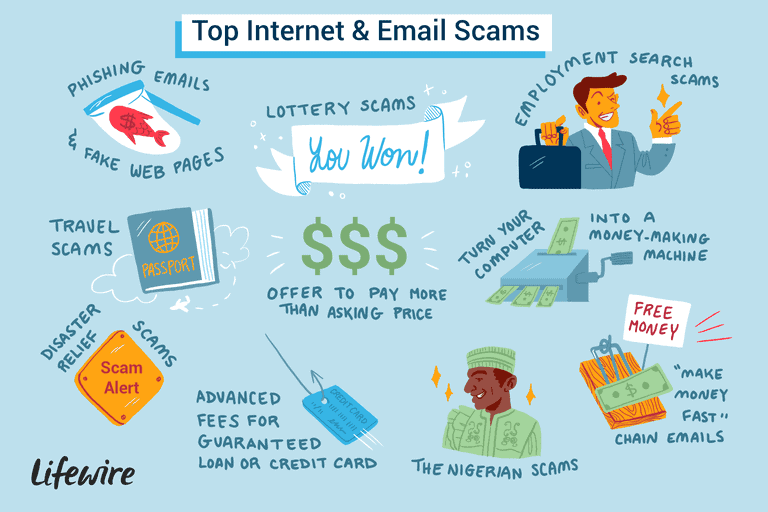
The battle against Phishing Attacks and Email Scams can be quite frustrating and education and awareness is our best defense. I know personally, I have recently received emails indicating that I was “Inheriting millions from the deceased” and all I needed to do was click on the link and provide their office with my info. The amounts have been so much that we all could retire on it together – too bad it’s not true!
Over the past several years we have seen a rise in phishing scams to our members. While most email providers have some sort of filtering to identify junk or spam emails that capture most phishing scams, some do get through. There is a reason cyber attackers continue to use this simple tactic—it works! Phishing is the most common way they steal money and personal identities, and gain access to systems, networks, and your information.
Nobody wants to fall prey to a phishing scam. These tactics are successful enough times, so that criminals are able to make massive profits. Ever since email and the internet has existed, these scams have been around. Before the internet, you would get these things via regular mail, or even over the phone. By educating yourself on these tactics, you can identify and avoid falling victim to these tactics.
Below are 10 things to consider, with more details at phishng.org as well as links to three trusted sites with more details. Remember there is no single fool-proof way to avoid phishing attacks:
- Keep Informed About Phishing Techniques
2. Think Before You Click!
3. Install an Anti-Phishing Toolbar
4. Verify a Site’s Security
5. Check Your Online Accounts Regularly
6. Keep Your Browser Up to Date
7. Use Firewalls
8. Be Wary of Pop-Ups
9. Never Give Out Personal Information
10. Use Antivirus Software
Websites with more information:
- Federal Trade Commission (FTC) Consumer Information – How to recognize and avoid phishing scams here.
- Ten ways to avoid phishing scams from phishing.org.
- PC Magazine: How to avoid phishing scams.
So please be aware and know that at no point will any of our officers solicit you in an email looking for large amounts of monies, gift cards, account #’s or any detailed personal information. If it seems odd – it is odd and if something doesn’t seem right, calling the person directly to confirm is key!
Thank you and lets stay alert!
~Lori





